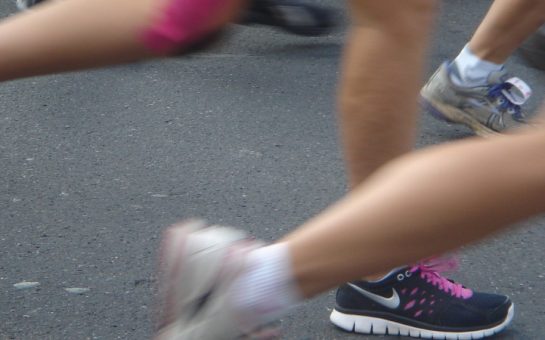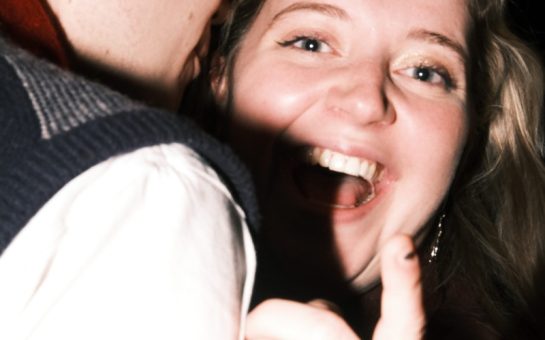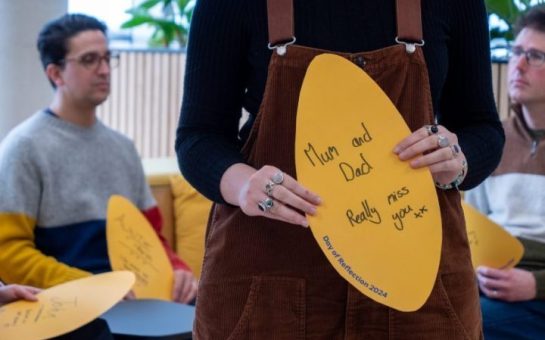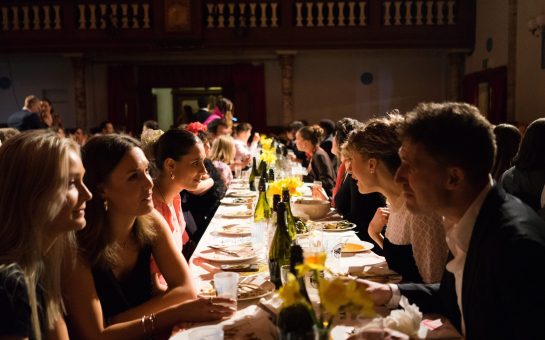By Johnny Percival
May 6 2020, 06.25
Follow @SW_Londoner
“Loneliness, ran like a dark thread through many of the issues that were brought to my attention.”
These are the words of former US Surgeon General Vivek H Murthy from his book: Together: Loneliness, Health and What Happens When We Find Connection.
Loneliness has always been embedded in society but current isolation restrictions mean we have become even more susceptible to its curse.
With an estimated 15 million single people in the UK, dating apps such as Tinder, Bumble and Hinge have become a convenient and popular source of virtual relationships.
Dating apps have seen a dramatic rise in users since early March and are promoting virtual dates in order to maintain the government’s distancing guidelines.
With people flocking to these apps, some are asking: is this a healthy coping mechanism or could it be a slippery slope to a troubling dependancy?
Pre-lockdown, dating apps were seen as an easy way to meet and a chance to find love. With this aspect removed, what was driving people to download them?
I spoke to 25 girls on Hinge and of those only three said they would talk to someone for the duration of lockdown.
That begged the question: “Why still use the app?”
The replies were almost unanimous: “I like having someone to talk to.”
This led me to believe people are not actually using these apps for dating but to fill the void left by our lack of human interaction.
Some experts believe using dating apps in moderation can be an aid for day-to-day survival, they can also magnify a sense of isolation and lack of self worth that accompanies loneliness.
Psychotherapist Sarah Calvert said: “If someone feels particularly lonely there might be more reliance upon dating apps and the connections that they can meet through apps.
“There’s a danger of becoming concerned with a swipe or like and using it as a way to validate one’s self.
“There can become idealisation or an over reliance upon a new connection who is relatively unknown to you.”
VIRTUAL DATING IS THE NEW DATING BECAUSE OTHER FORMS OF DATING ARE UNSAFE AND IRRESPONSIBLE.
— Bumble (@bumble) March 25, 2020
THAT’S IT. THAT’S THE TWEET. SORRY FOR THE CAPS.
While the women I spoke to were reluctant to discuss whether or not these theories were true, having used Hinge for the past month, for me these side effects were very real.
I have often found myself swiping for the sake of swiping, getting my tiny dopamine hit when I get a match, and then that’s that.
However, after chatting to people for one or two days, each ‘relationship’ petered out leaving me feeling deflated and dejected.
I chatted to Phoebe on Hinge. She said: “There are more people engaging in initial conversations because of boredom, but it fizzles out because of no date or promise of meeting for ages.
“The longest conversation has lasted, shamefully, two days.”
Dating and relationship expert Cheryl Muir said: “People are using dating apps as a distraction. It’s really a mechanism of avoidance, of avoiding wanting to stick with what we’re feeling and where that comes from.
“People are looking for someone to validate them and to confirm their self worth when really they should be looking within themselves for that.”
Cheryl explained how best to use dating apps in order to maintain a healthy and balanced life in isolation.
Cheryl’s key piece of advice is to limit our app time to 10% of our daily interactions.
The other 90% of our time should be used to talk to people we have a pre-existing strong relationship with, including friends or family.
With many interactions on dating apps only lasting two or three days, we don’t need to add the emotional burden of multiple failed micro romances to our already stressed lives.
Following this advice, I started to look at my own experience and, after realising I was not even bothering to talk to my matches anymore, decided to remove the apps and refocus on pre-existing relationships with friends.
Since then I have found a great deal of stress and anxiety has been lifted from my day and I have found isolation to be a much more bearable situation.
It turns out fewer swipes and fewer likes can equal less loneliness.




